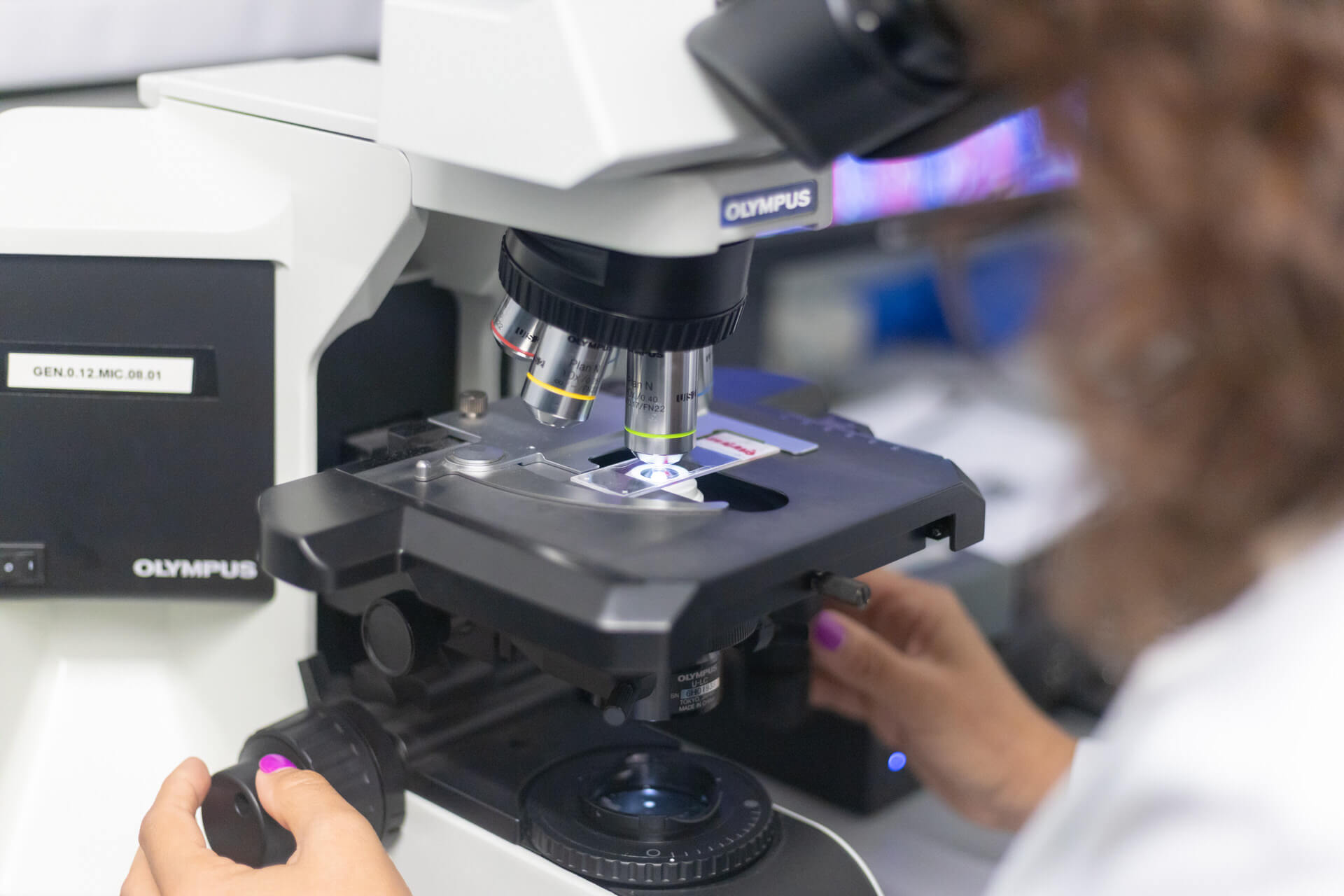No se ha encontrado investigadores para este término.
VISION
The Vision of the GENyO is to become a centre of excellence and reference in research, innovation, and biomedical transfer at national and international levels, consolidating the successes of the past and aiming at stabilizing the centre towards having a lasting positive impact on society.
MISSION
The Mission of the GENyO is to carry out excellent biomedical research on the basic and translational mechanisms of human disease and apply this knowledge, results, and technology to the development of new diagnostic and therapeutic approaches for the benefit of society.
The GENyO is guided by 7 principles that form the foundation of our organization:
Excellence
We are dedicated to achieving excellence in scientific development by fostering interdisciplinary research in oncology and genomics. Our approach involves collaborative efforts that span various organizations, disciplines, and backgrounds both scientific, clinical and entrepreneurial. We believe that excellence is best pursued through diverse and cross-organizational partnerships, enabling us to address complex scientific challenges effectively.
Integrity
We maintain an unwavering commitment to the highest ethical standards in scientific research. Our governance structures are robust, ensuring a culture steeped in honesty, transparency, and integrity. This commitment to integrity is at the core of our scientific pursuits.
Collaboration
Collaboration is key in our research endeavors between researchers from Universidad de Granada, Fundación Progreso y Salud and FIBAO. We actively promote internal collaborations among our research groups and engage in co-creation of projects with external entities, including patients, healthcare workers, scientists, NGOs, corporations, and other research institutions. Our research is inherently multidisciplinary, conducted by diverse teams of professionals, and we seek to create synergistic partnerships with other centers, hospitals, and corporations.
Opportunities
We view our researchers as invaluable assets. We support them throughout their scientific journey to maximize their impact and potential. This support includes a robust infrastructure, inclusiveness and communication, comprehensive internal management, technological services, and continuous training and development opportunities. We are committed to nurturing our scientists and GENyO to emerge as leaders in future research.
Innovation
We aim at becoming an up-to-date center with state-of-the-art technologies and innovative thinking. We aim to make a meaningful impact on society through innovation, addressing unmet needs. Our focus is on fostering the transfer of promising innovations and knowledge, thus promoting innovation, transfer opportunities, and business development.
Transparency
Upholding research integrity, honesty, accountability, and efficient management of research resources are our guiding principles. Given that a significant portion of our funding is from public grants, we consider transparency not just a policy but a duty. We strive to make our research as accessible as possible, publishing in open-access journals, sharing data in open repositories, and inviting society to participate in our frequent engagement activities.
Equality, Diversity, and Inclusivity
We believe that these values not only enrich our science but also boost productivity and satisfaction. Diversity in our team enhances research perspectives and fosters innovative solutions to biomedical challenges. Our HR practices are aligned with HRS4R standards, aiming to create a healthy, inclusive environment that our employees are proud to be a part of. We actively foster a respectful culture and provide regular training in effective communication and inclusive language, ensuring professionalism and cordiality in all interactions.
The research areas in which GENyO will work can be grouped into two main areas (BASIC and APPLIED), each with two Strategic Lines (SL):
BASIC AREA: Functional Genomics
- SL1: The Human Genome
- SL2: Cancer Genomics
APPLIED AREA: Personalized Medicine
- SL3: Detection, Diagnostics, Monitoring and Prognostics of Diseases
- SL4: Advanced Therapies
The descriptions follow:
GENyO has several services and expertise that run across the strategic lines. First the Support Units: Genomics, Cytometry, Microscopy, Cell Culture and General services.
These units are managed by specialized technical personnel and each has a researcher that makes decisions on the strategies each of the units follows in coordination with the Direction and the administration. The plan includes to update the support units with the latest infrastructure in genomics, microscopy and cytometry providing service to in-house as well as researchers from outside, not the least the University of Granada. In particular, the genomics unit has been providing services including optimization and design of experiments and technologies not only in Granada or Andalusia, but also the whole of Spain and even abroad.
The following are planned Cross-cutting lines that include research as well as potential services that can be performed at the center, at the support units, or through the creation of spin-offs that work within the center. The main objective is that through these services, increase the funding for the center. Specific plans will be developed for the adequate implementation of the support services, and their feasibility as well as a service portfolio that will be disseminated to interested parts.
GENyO has developed a clear and concise Strategic Plan from mission, vision and principles to strategic priorities, goals, carefully scheduled actions, KPIs, and initiatives. This Strategic Plan is not a static document, but a multiyear process that will be implemented over time and revisited periodically. Goals and strategies will continue to evolve through GENyO’s iterative planning and evaluation process, conducted in conjunction with its Scientific Advisory Board, Patronage, Board of the Center, responsible investigators, and its stakeholders. It will guide GENyO’s direction over the next 5 years and will help determine how the centre allocates resources to support and enhance scientific research. In implementing this strategic plan, GENyO will seek continuous stakeholder input and respond as warranted. We will employ several strategies to bring us closer to our vision, while deploying our Mission. These strategies pertain to GENyO’s three strategic priorities for the 2023-2027 planning horizon:
- International excellence and interdisciplinarity in research and innovation.
- Responsible, sustainable, and efficient consolidated governance.
- Talent, Education, and Social Impact. Each of the three strategic priorities consists of specific objectives; as part of the implementation plan, these are translated into concrete actions that will contribute to their achievement.

Significant steps are required to achieve each of the strategic objectives; therefore, each strategic objective is further broken down into specific goals. Finally, measures are proposed that translate the objectives into concrete actions as part of the implementation of the Strategic Plan. The following table illustrates the cascading of the Plan’s 3 strategic priorities into 7 strategic objectives, 12 operational goals and 33 actionable measures.







